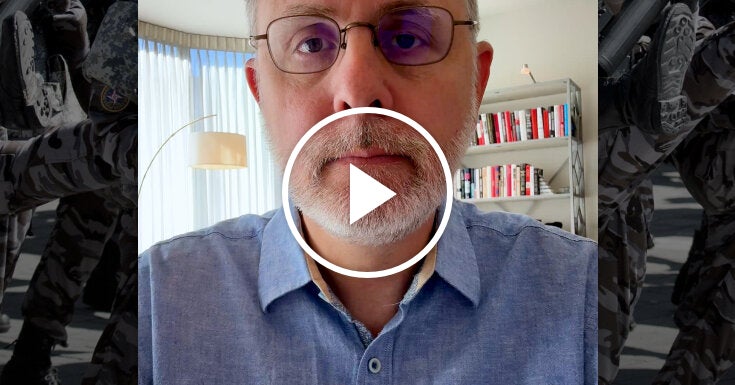In recent weeks, the situation in Ukraine has taken a concerning turn with the increasing involvement of North Korean soldiers in Russia’s war efforts. The Kursk region in western Russia has become a hotspot for the conflict, as Ukrainian forces attempt to push back against Russian aggression. This development has raised alarms among U.S. officials, who are closely monitoring the situation and assessing the implications of North Korea’s role in the conflict.
Michael Shear, a White House correspondent for The New York Times, has been following the unfolding events closely and providing insights into the deepening relationship between Russia and North Korea. In a recent interview, Shear shed light on the implications of this partnership for the war in Ukraine and its broader impact on the world.
According to Shear, the involvement of North Korean soldiers in the conflict marks a significant escalation in Russia’s efforts to gain a foothold in Ukraine. The Kursk region, where North Korean soldiers are reportedly operating, has become a key battleground in the conflict, with Ukrainian forces trying to mount a counteroffensive against Russian-backed separatists. The presence of North Korean troops in the region has added a new dimension to the conflict, raising concerns about the extent of Russia’s influence and the potential for further escalation.
Shear explained that the deepening relationship between Russia and North Korea is rooted in their shared interests and strategic goals. Both countries have faced international isolation and sanctions in recent years, leading them to seek closer ties and cooperation in various fields, including defense and security. The partnership between Russia and North Korea has allowed them to leverage each other’s strengths and resources, creating a formidable alliance that poses a significant challenge to the international community.
The growing alliance between Russia and North Korea has implications beyond the war in Ukraine, affecting global security and stability. Shear highlighted the potential for the conflict to escalate into a broader regional conflict, drawing in other countries and further destabilizing the region. The involvement of North Korean soldiers in the conflict raises the stakes and adds a new layer of complexity to an already volatile situation.
Shear also pointed out the implications of North Korea’s involvement in the conflict for its relations with the United States and other countries. The presence of North Korean soldiers in Ukraine has raised concerns about the extent of North Korea’s military capabilities and the potential for their involvement in other conflicts around the world. This development has sparked fears about the spread of North Korea’s influence and the impact it could have on global security and stability.
As the conflict in Ukraine continues to escalate, Shear emphasized the need for international cooperation and diplomatic efforts to resolve the crisis. The involvement of North Korean soldiers in the conflict underscores the importance of addressing the root causes of the conflict and finding a peaceful resolution that respects the sovereignty and territorial integrity of Ukraine. Shear called on world leaders to work together to de-escalate the situation and prevent further bloodshed and suffering in the region.
In conclusion, the deepening relationship between Russia and North Korea has significant implications for the war in Ukraine and global security. The involvement of North Korean soldiers in the conflict has raised concerns about the extent of Russia’s influence and the potential for further escalation. Shear’s insights shed light on the complex dynamics at play in the conflict and the need for international cooperation to address the crisis and prevent further destabilization in the region.









